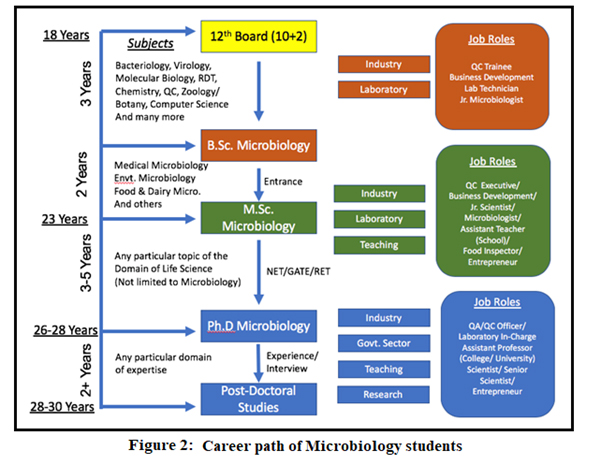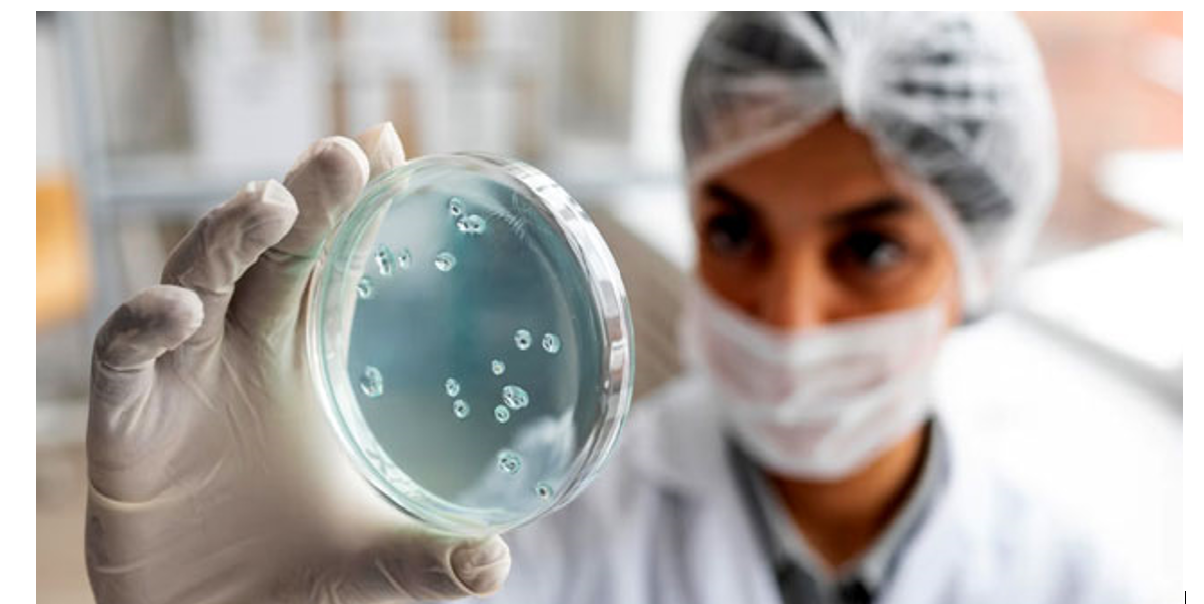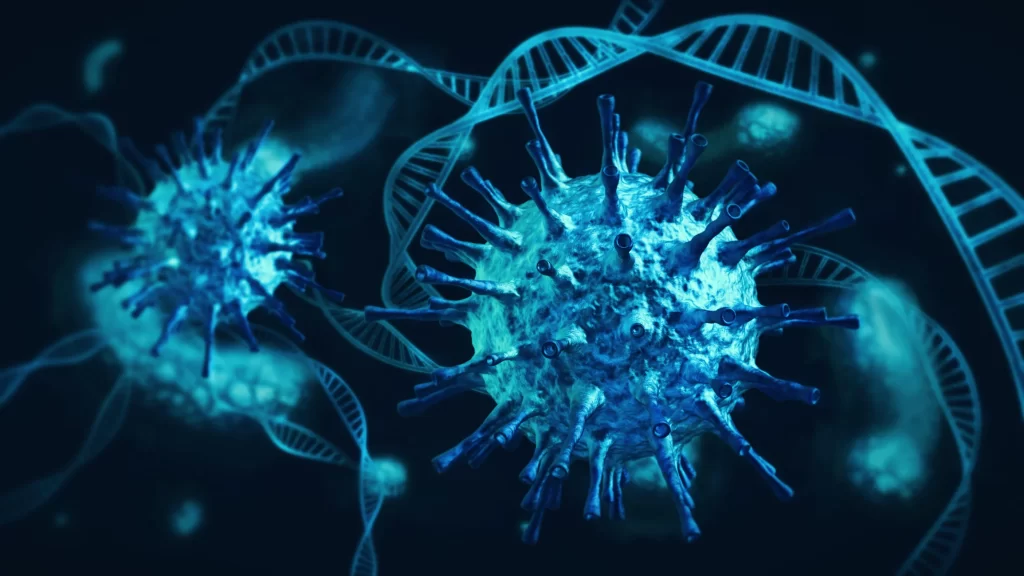The invisible world of microbes—bacteria, viruses, fungus, and more has captivated everyone in the world.
People spends many hours studying intriguing species and looking through microscopes in lab.
So what comes next? a degree in microbiology provides access to an unexpectedly wide range of fascinating employment options! You may learn more about some of the fulfilling career options in microbiology by reading this blog post.
This blog article will discuss some of the exciting prospects available in the discipline of microbiology.
Finding Your Perfect Niche
The adaptability of a microbiology degree is its most appealing feature. Consider your hobbies and ambitions before deciding on a job route. Do you flourish in a fast-paced clinical environment? Or are you drawn to the challenge of Research and Development?

Microbiologists function as microscopic investigators. Their expertise is sought after in a wide range of businesses, not just typical laboratory settings. Here’s a look at some fascinating possibilities.
- Guardians of Health: Clinical and medical microbiologists serve critical roles in diagnosing and treating infectious illnesses. They examine patient samples, identify germs, and recommend the best course of antibiotic treatment.
- Pharmaceutical Powerhouses: Microbiologists play a critical role in drug discovery. They are creating new antibiotics, vaccines, and other medicines to combat emerging and established diseases.
- Food Safety Champions: Microbiologists are responsible for the safety of our food supply. They detect hazardous germs and pathogens in food goods, averting outbreaks of foodborne sickness.
- Environmental microbiologist: here one can investigate how bacteria interact with our ecosystems. They can work on bioremediation projects, such as cleaning up oil spills or contaminated locations.
- Science Policy Analyst, you can use your scientific knowledge to influence government policies on topics such as antibiotic resistance, biosecurity, and environmental protection.
- Science Illustrator: Create visually appealing images of microbes for textbooks, research papers, or instructional materials.
- Microbiology Software Developer: Create specialized software for evaluating microbial data, automating laboratory processes, and simulating microbial ecosystems.
- Patent Attorney (Microbiology): Assist with intellectual property legislation and patenting for microorganism-related technologies, such as novel antibiotics or genetically modified organisms.
- As a science communicator, you can educate and engage the public with microbiology through lectures, social media material, and blogs.
- This list only touches the surface! Microbiologists can also work in areas such as Water quality assessment, Personal care product creation,Immunologist,Marine Biologist,Forensic Scientist,Parasitologist,Mycologist,Cosmetic Scientist, University teaching and research.



